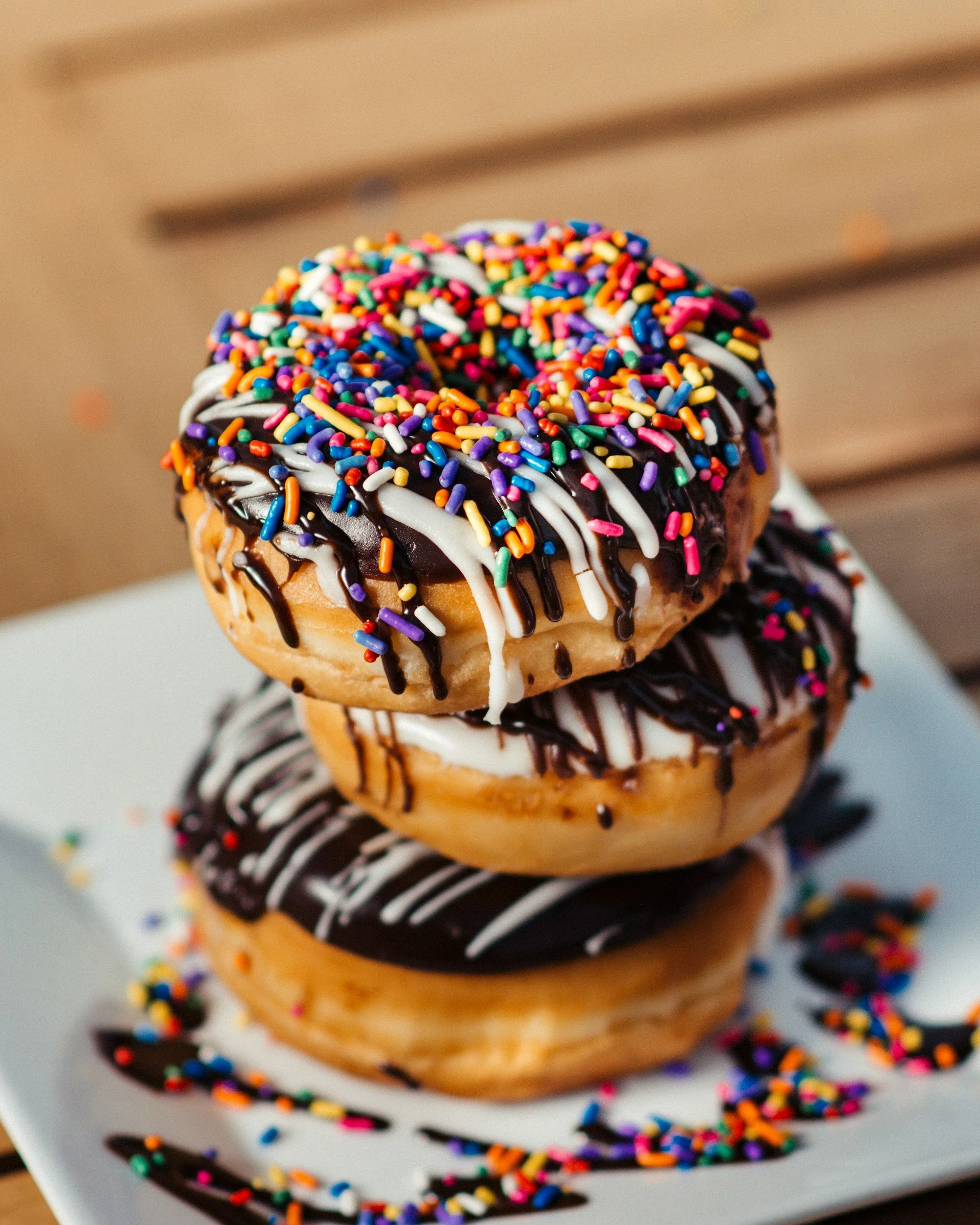How to Avoid Glucose Spikes Without Dieting: Simple Hacks That Actually Work
If you often deal with fatigue after meals, intense cravings, brain fog, or the feeling that you’re always hungry, there's a high chance your glucose curve is fluctuating more than you think.
The good news?
You don’t need a strict diet to feel better.
Just a few daily habits can flatten your glucose curve and give you steadier energy.
Let’s break them down.
What’s the “fiber first” strategy and why does it change everything?
One of the simplest hacks is changing the order in which you eat:
Vegetables first
Proteins + fats second
Carbohydrates and sugars last
Why it works:
Fiber creates a natural “shield” in your digestive system, slowing down how quickly carbs turn into glucose. This leads to fewer spikes and smoother energy.
Example:
Start dinner with a small plate of veggies before your main dish; your body reacts completely differently afterward.
Does the vinegar-in-water trick actually help reduce glucose spikes?
Surprisingly, yes.
How to do it:
1 tablespoon of vinegar
Mixed in a big glass of water
Drink 10–20 minutes before a carb-heavy meal
Why it works:
The acetic acid helps improve glucose processing, leading to a smaller spike after eating.
Why is a savory breakfast essential for stable energy?
If your morning starts with sweet foods (fruit juice, pastries, oats with sugar, cereal, granola), your glucose skyrockets first thing in the day, triggering a cascade of crashes and cravings.
A savory breakfast high in protein and fats keeps your curve flat for hours.
Examples:
Eggs + spinach
Greek yogurt + nuts
Avocado + eggs
Tofu scramble
Savory oats with veggies
What does “put clothes on your carbs” mean?
This fun but effective hack means:
Never eat carbs on their own; always pair them with protein, healthy fats, or fiber.
Examples:
Apple + peanut butter
Bread + cheese
Pasta + chicken + veggies
Rice + beans + avocado
Cookies + almonds
Why it works:
Adding fiber, protein, or fat slows down the absorption of the carbs - smaller spike - better energy.
Can a simple 10-minute walk after eating really lower a glucose spike?
Yes, and it works almost immediately.
Your muscles burn glucose as fuel.
So even light movement helps your body use the glucose from your meal instead of letting it spike.
Quick options:
A 10-minute walk
Doing the dishes
Taking the stairs
Folding laundry
Can you avoid glucose spikes without giving up your favorite foods?
Absolutely.
This isn’t about restriction, it’s about strategy.
You don’t stop eating carbs; you pair them better
You don’t cut sweets, you time them smarter
You don’t change portions, you change the order
You don’t diet, you hack your habits
And if you ever feel like you need extra support, you can also lean on supplements that are designed to support digestion, glucose processing, or post-meal spikes. Commonly used wellness formulas in this category include Level Off by Natural Cure Labs, Lemme Curbs, and the Anti-Spike Formula by Glucose Revolution.
These products are typically marketed as general metabolic-support tools, not medical treatments, so think of them as optional additions rather than necessities. To explore these options, make sure to check our product recommendations.
